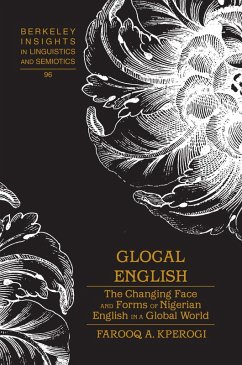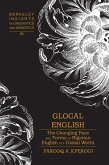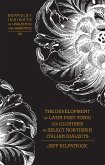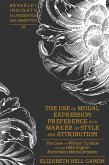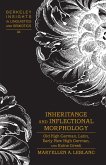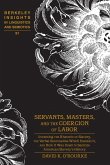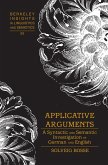Dieser Download kann aus rechtlichen Gründen nur mit Rechnungsadresse in A, B, BG, CY, CZ, D, DK, EW, E, FIN, F, GR, HR, H, IRL, I, LT, L, LR, M, NL, PL, P, R, S, SLO, SK ausgeliefert werden.
(Extract from the Foreword by Kenneth Harrow, Distinguished Professor of English, Michigan State University, United States)
«This delightful book by Farooq A. Kperogi gives a comprehensive overview of the peculiarities of the meaning and usage of words and phrases in Nigerian English. It contains numerous examples and demonstrates through comparisons with American and British English how the Nigerian variety of English has developed its own distinct vocabulary and rules of usage. Moreover, it traces general mechanisms of change in meaning and usage in these three varieties of English. Written in a highly accessible style that is at the same time entertaining and instructive, this book is a very enjoyable read for both scholars and non-linguists interested in Nigerian English and varieties of English as a whole.»
(Ulrike Gut, Chair for English Linguistics, University of Münster, Germany)
«Glocal English is a brilliant and provocative exploration of several intriguing dimensions in the grammar of Nigerian English, one of the 'Englishes' fathered by British English. This new English is struggling against many unavoidable odds and influences to secure its legitimacy and respect, uncertain whether to disown the norms of an uncomfortable parent and of 'caregivers,' but willing to be (mis)understood in the global centres of English language use. Farooq A. Kperogi provides deep and admirable insights into the slippery borders separating usage from abusage and errors of construction from terrors of construction. The book, which has emerged from his famous 'Politics of Grammar' column, is a restless hound that must keep an eye on the game. It is impossible to ignore this book in both popular and intellectual discourses on the changing colours of English. It is highly recommended for courses in world Englishes, particularly Nigerian English.»
(Obododimma Oha, Professor of Cultural Semiotics and Stylistics, Department of English, University of Ibadan, Nigeria)

